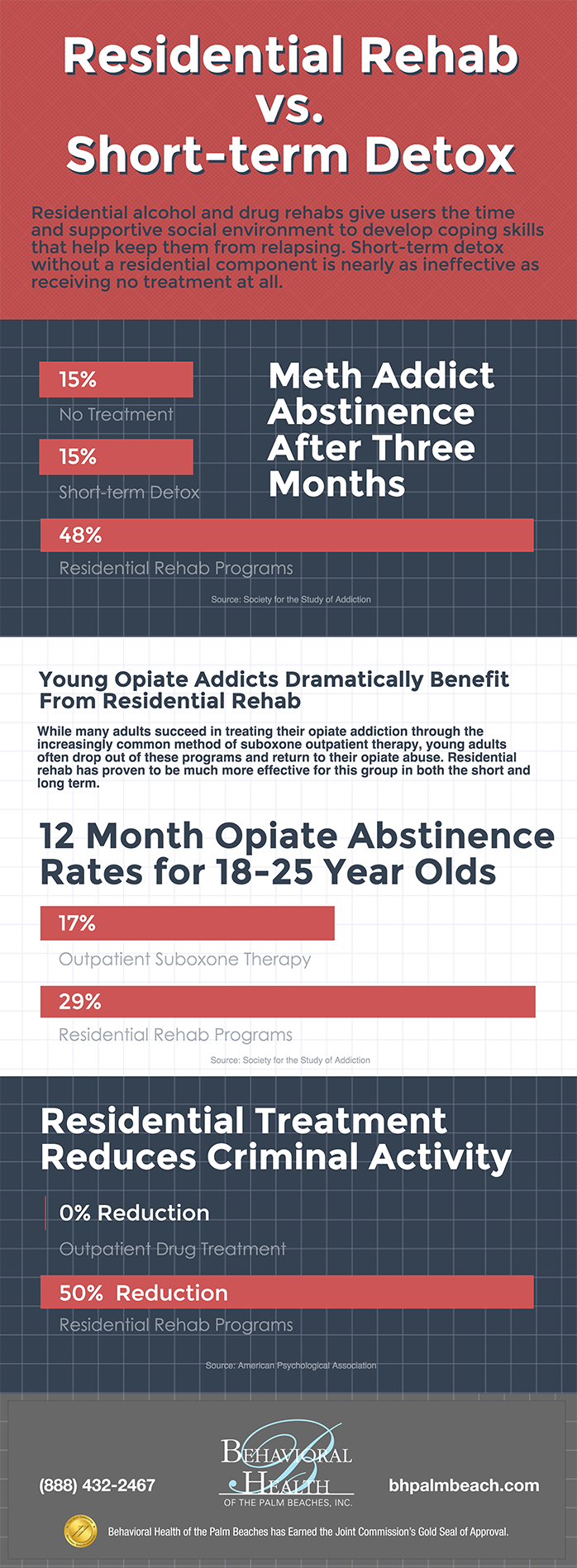Below Post Is The Vital To Damaging Without Dependency. Find Out Why Detoxing Is Crucial In Drug Addiction Therapy And Redeem Your Life Today
Below Post Is The Vital To Damaging Without Dependency. Find Out Why Detoxing Is Crucial In Drug Addiction Therapy And Redeem Your Life Today
Blog Article
Material By-Stack Cheng
Think of standing beside a deep, murky swamp. Muse How To Help Someone With Drug Addiction And Depression 90506 understand that in order to move forward, you must first navigate with the treacherous waters.
This same concept applies to drug dependency therapy. Detoxification, like wading through the swamp, plays a critical duty in removing your system of damaging substances. By actively removing toxic substances, it establishes the foundation for your journey towards long-lasting healing.
In this short article, we will discover the important duty of detoxing in drug addiction therapy.
The Significance of Detoxification in drug Addiction Treatment
You require to recognize the importance of cleansing in drug dependency therapy. Detoxification is the primary step in the direction of recuperation as it aids eliminate toxins from your body that have built up due to substance abuse. When you make use of medications, dangerous materials develop in your system and can have damaging effects on your physical and psychological wellness.
Cleansing aids to cleanse your body and restore it to a much healthier state. It enables you to safely take out from the drug, reducing withdrawal symptoms and reducing the danger of difficulties. In addition, detoxing prepares you for the following stage of therapy, which typically consists of treatment and counseling.
Various Approaches of Cleansing in drug Dependency Treatment
Exploring various approaches of detoxification can provide you with an extra comprehensive understanding of your choices in drug dependency treatment. Cleansing is an essential part of conquering drug dependency, as it aids clear your body of unsafe substances and prepares you for further treatment.
There are various techniques of detoxification offered, each with its own advantages and factors to consider. Medical detox, for example, entails using drug to manage withdrawal signs and symptoms and guarantee your security throughout the procedure.
On the other hand, natural detox focuses on utilizing holistic techniques such as exercise, nourishment, and different therapies to clean your body.
Benefits of Detoxification for Long-Term Recuperation
Cleansing plays a critical role in lasting recovery by removing toxins from your body and promoting overall wellness. When you engage in drug dependency treatment, detoxification is commonly the initial step towards attaining enduring soberness.
By removing unsafe compounds from your system, detox aids your body heal and restores its all-natural equilibrium. This process not just clears your body of drugs however also assists to minimize withdrawal symptoms, making the transition to a drug-free life more manageable.
Additionally, detoxification establishes the stage for further treatment by preparing your mind and body for treatment and counseling. It enables you to begin your healing journey with a clean slate, offering you a solid foundation upon which to develop a healthier and drug-free life.
With detoxing, you can take the essential actions towards long-lasting recuperation and gain back control over your life.
visit my homepage , next time you find yourself or a loved one having problem with drug dependency, keep in mind the vital role of detoxing in treatment. By undergoing an appropriate detox, you can free your body of damaging materials and pave the way for long-term healing.
Do not underestimate the power of this vital step in reclaiming your life. Detoxing is the vital to breaking without the chains of dependency and welcoming a brighter, healthier future.
Let the journey to recovery start.
